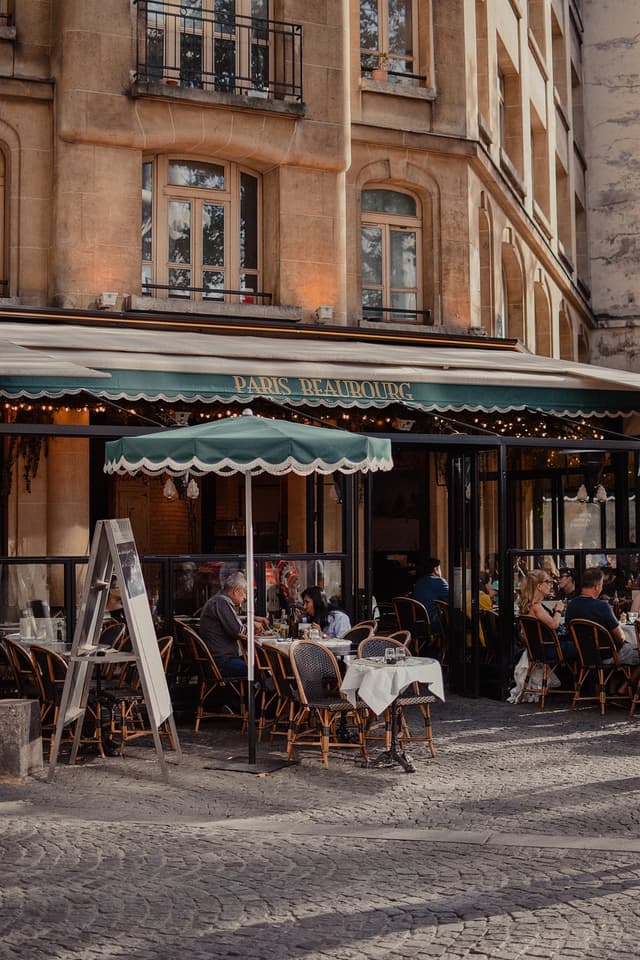
Apprenez à utiliser le plus-que-parfait pour décrire des événements antérieurs dans le passé : The plus-que-parfait, also known as the "past perfect" in English, is formed using the imperfect tense of the auxiliary verbs "avoir" (to have) or "être" (to be) and adding the past participle of the relevant verb. Here's how to form it with the auxiliary "avoir" and the verb "parler" (to speak) : - Imperfect tense of the auxiliary "avoir": j'avais (I had) // tu avais (you had, singular informal) // il/elle/on avait (he/she/one had) // nous avions (we had) // vous aviez (you had, formal/plural) // ils/elles avaient (they had). - The past participle of the verb "parler" is “parlé” (spoken). - By combining these elements, we obtain the conjugations of the plus-que-parfait for the verb "parler": j'avais parlé (I had spoken) tu avais parlé (you had spoken) il/elle/on avait parlé (he/she/one had spoken) nous avions parlé (we had spoken) vous aviez parlé (you had spoken) ils/elles avaient parlé (they had spoken). For the auxiliary "être", the process is similar, but using the imperfect tense of "être" and adding the past participle of the verb. - Imperfect tense of the auxiliary "être": j'étais (I was) / tu étais (you were, singular informal) / il/elle/on était (he/she/one was) nous étions (we were) / vous étiez (you were, formal/plural) / ils/elles étaient (they were). - Past participle of the verb (for example, "aller" - to go): allé (masculine singular) // allée (feminine singular) // allés (masculine plural) //allées (feminine plural). Example with "aller" (to go): J'étais déjà allé(e) en France avant ce voyage (I had already been to France before this trip). In this example, "étais" is the imperfect tense of "être", and "allé(e)" is the past participle of the verb "aller", adapted in gender and number according to the subject. The “plus-que-parfait” is used to express a past action that occurred before another past action.
Question 1
Elle ________ (finir) ses devoirs avant le dîner.
Question 2
Nous ________ (partir) après avoir mangé.
Question 3
Ils ________ (déjà arriver) au cinéma.
Question 4
Tu ________ (nettoyer) la chambre avant l'arrivée des invités.
Question 5
J'_______ (lire) le livre avant de voir le film.
